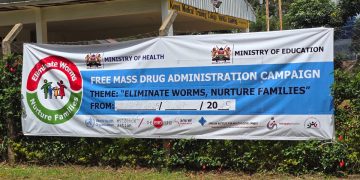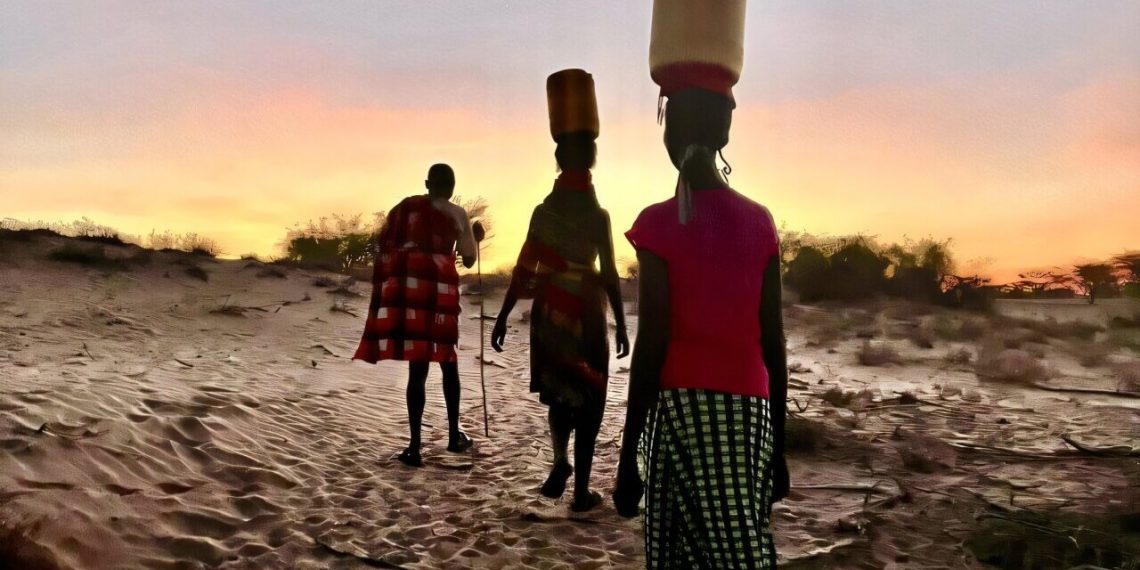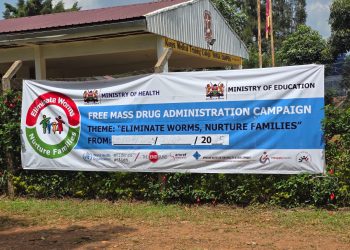By Daniel Omwoyo
Scientists working with the Turkana community in northern Kenya have discovered how humans have genetically adapted to live in very harsh desert conditions.
The study published in Science, explains why the Turkana communities have adopted to survive in extreme heat, water shortages, and scarce vegetation.
According to Dr. Sospeter Ngoci Njeru, Deputy Director at the Kenya Medical Research Institute (KEMRI), the research shows that the Turkana people’s knowledge and lifestyle are key to understanding how their bodies have changed to fit their environment.
“Working with the Turkana has been transformative for this study,” said Dr. Sospeter Ngoci Njeru, co-PI and KEMRI’s Deputy Director, Centre for Community Driven Research.
The research is part of the Turkana Health and Genomics Project (THGP), a collaboration between KEMRI, the Turkana Basin Institute (TBI), Vanderbilt University, and the University of California, Berkeley. By sequencing 367 whole genomes and studying more than 7 million genetic variants, scientists discovered important genes shaped by natural selection.
One key gene, called STC1, helps the body conserve water during dehydration and digest purine-rich foods like meat and blood, which are central to the Turkana diet.
Prof. Julien Ayroles from the University of California, Berkeley, said, “Our partnership with the Turkana community highlights the critical importance of preserving and learning from traditional knowledge systems that have enabled human survival in extreme environments for millennia.”
The study suggests these adaptations began around 5,000 years ago, when northern Africa became more arid.
Dr. Epem Esekon, Turkana County’s Executive for Health and Sanitation, explained, “This research demonstrates how our ancestors adapted to dramatic climate shifts through genetic evolution.”
However, as more Turkana people move into towns, these same adaptations may now increase the risk of modern diseases such as hypertension, kidney problems, and diabetes. Prof. Elijah Songok, Acting Director General of KEMRI, said.
“With more people shifting from rural to urban lifestyles, we are also seeing a change in disease patterns,” said the Acting Director General, KEMRI, Prof. Elijah Songok and adds, “This study helps explain how ‘evolutionary mismatch’ can contribute to today’s health challenges.”
Prof. Lea Amanda from Vanderbilt University added that the research shows how studying transitioning populations can help explain how past genetic changes affect present-day health risks.
FProf. Dino J. Martins, Director of the Turkana Basin Institute, emphasized the global importance of the study saying that “Worldwide, indigenous communities like the Turkana, and other people in Northern Kenya are essential partners in advancing our knowledge of human resilience.”














